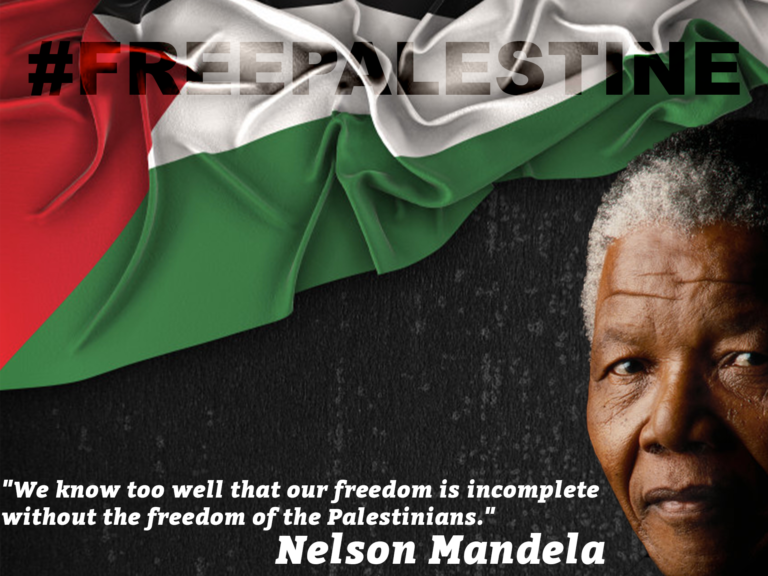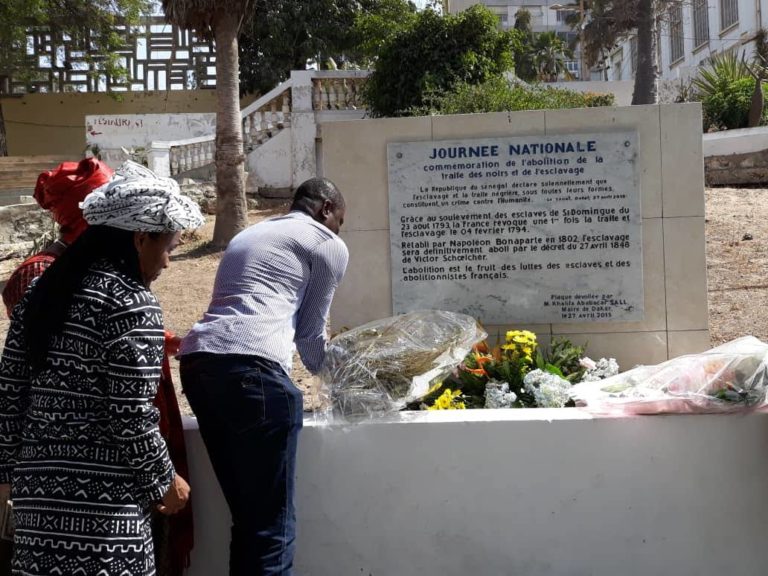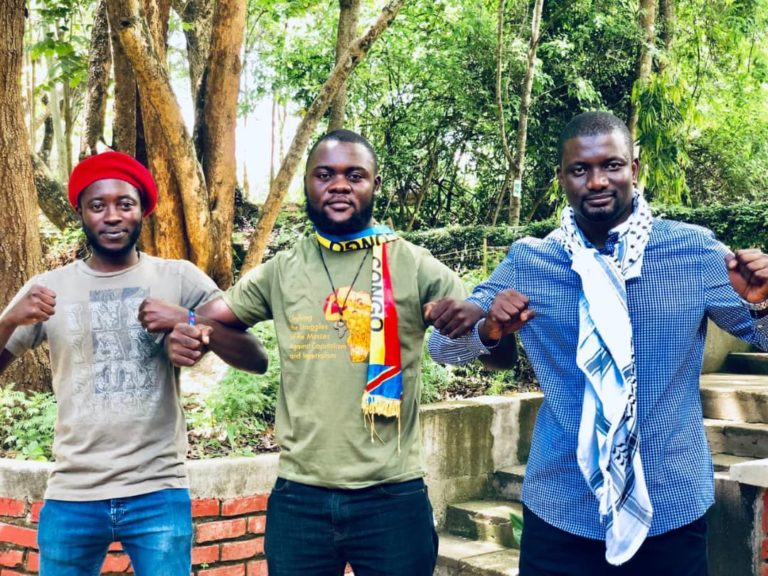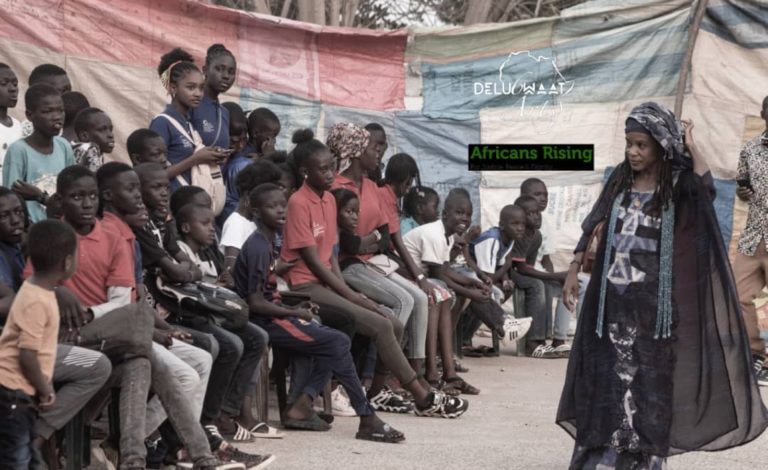by Kerubo Abuya, PhD
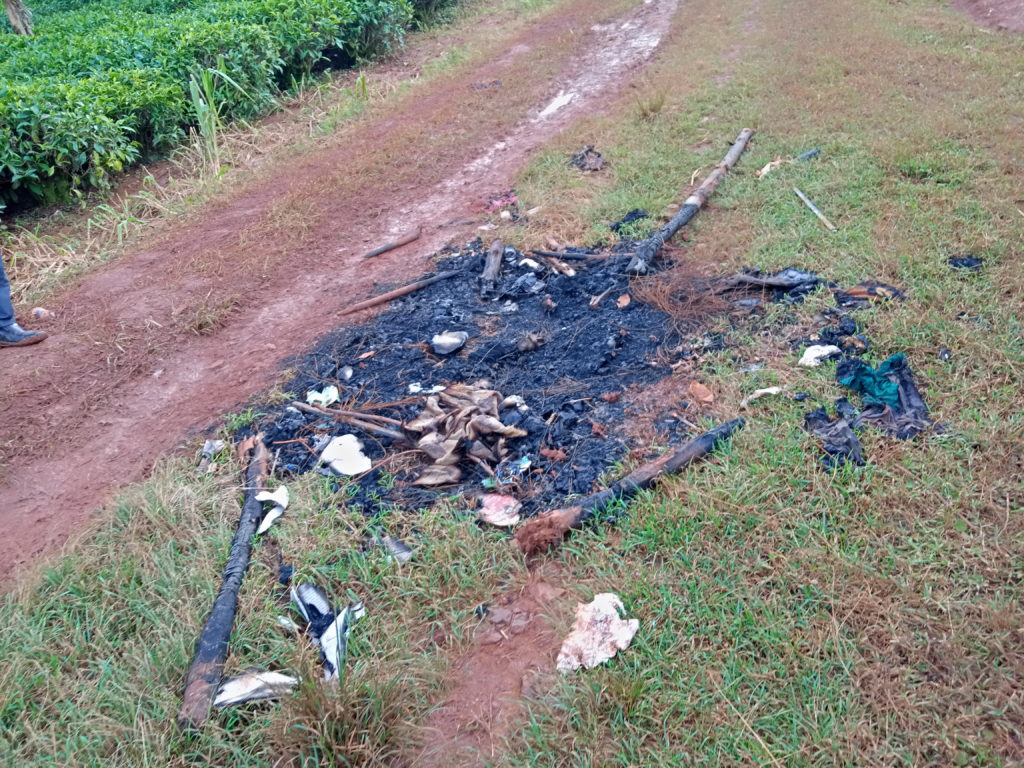
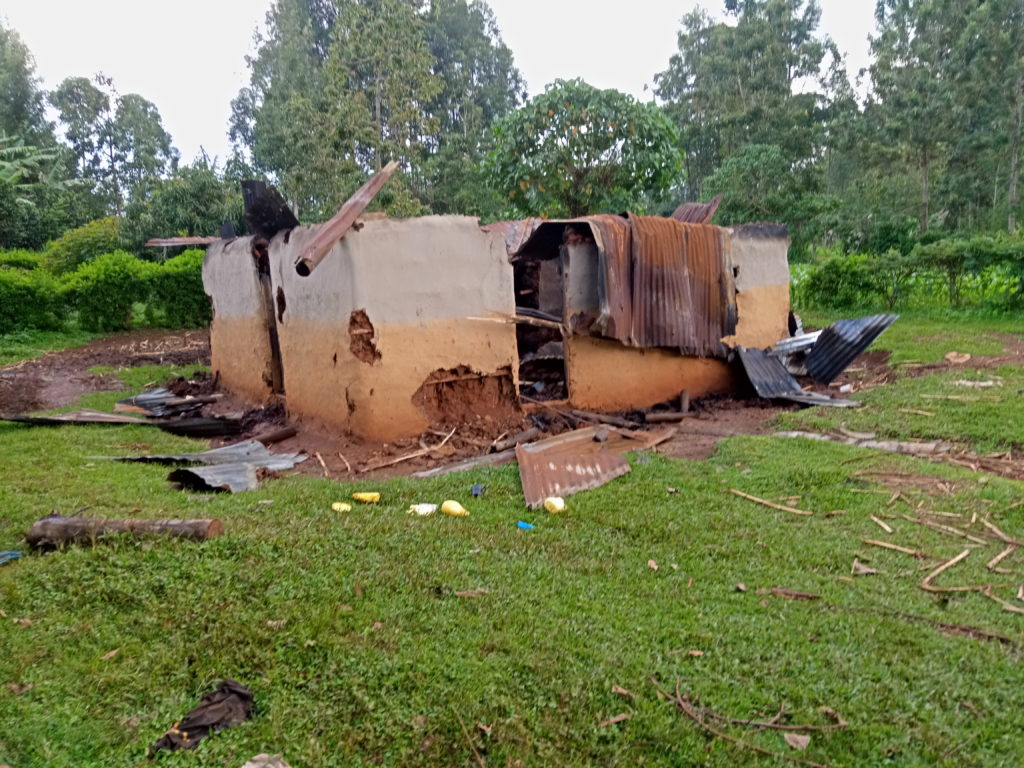
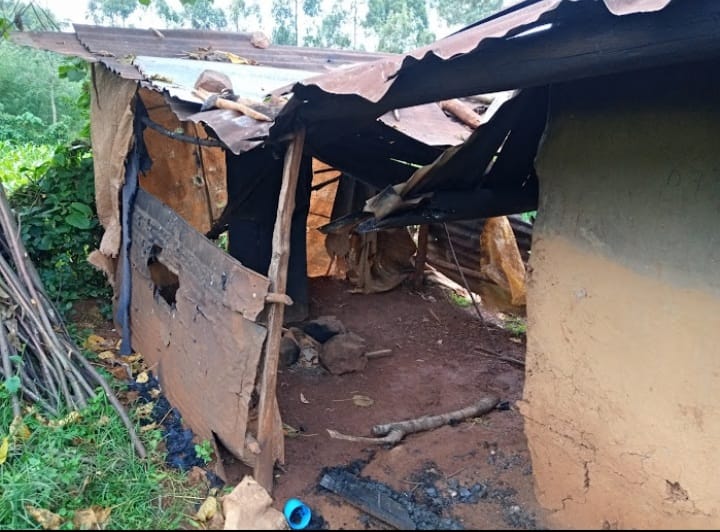
Photo Credit: Fred Omosa
As we commemorate International Women’s Day on March 08, 2022, let us remember the late Sigara Onkware, Sindege Mayaka, Agnes Moraa Ototo, and Jemima Nyang’ate Mironga, who were brutally attacked, abducted from their homes, thoroughly beaten with crude weapons, hacked with machetes (pangas), before they were burned to death in what sounds like a ritualistic frenzy of the most extreme form of violence by an angry mob comprising of youth, men, women, and children who accused them of practicing witchcraft in Marani, Kisii County, Kenya.
The four women who were killed are among hundreds of people – mostly older persons and women who have been lynched in Gusiiland (Kisii and Nyamira counties) following accusations of practicing witchcraft. These killings which mainly target vulnerable persons such as the poor, elderly, widows, children, and persons with disabilities, happen in other parts of Kenya, Africa such as Ghana, Tanzania, Democratic Republic of Congo, Senegal, Central African Republic, Mali, Nigeria, among others. These killings, upon accusations of witchcraft have a deep history in coloniality and modern fundamentalist religiosity as systems of oppression and domination, perpetuated by Europe, the Americas, and people in other places.
These killings are a gross violation of women’s rights and must end with urgency. This will require transformative and systemic change that goes beyond awareness creation and sensitization in the affected communities. Transformative change interventions must be positioned as an urgent call to Utu-consciousness. An awakening of our individual and collective humanity that can reconnect us with who we really are. A process that will help us as a people, re-member who we are.
A consciousness-raising process anchored in the philosophy, values, and principles of Utu/Ubuntu and Obomwanyabanto in Ekegusii (language spoken by the Abagusii people AKA Kisii of Kenya). In re-membering who we really, we return to ourselves and respond to a call to life and life-affirming ways of being that embody our true nature as humans. We reconnect with the understanding of what it means to be human with deep insight that humans are fundamentally, caring, loving, peaceful, compassionate, kind, and just. In this sphere, we, at the core of our humanity; intuitively, know and make meaning of the Utu/Ubuntu/Obomwanyabanto spiritual and moral consciousness which says:
- “I AM Because YOU ARE, YOU ARE, Therefore, I AM”
- “I AM Because YOU ARE, YOU ARE, Therefore, WE ARE”
- “I See You” or Nakororire (Ekegusii) or Nakuona/Nimekuona (Kiswahili)
In really seeing other human beings, we acknowledge our interconnectedness – through our individual and collective humanity and the divine in each of us. We embody the spirit of Utu/Ubuntu/Obomwanyabanto which the late Emeritus Archbishop Desmond Tutu conceptualized as “A Person is A Person, Through Other Persons”. In this realm – through a raised Utu-consciousness – the youth, men, women, and others, will know and stop the utterly dehumanizing and desecrating acts of extreme violence that predominantly hound, terrorize, hack women into pieces, and burn them alive – after labeling them as witches. We must awaken our collective humanity by embracing and embodying Utu-consciousness as a foundational pillar for transformative change leadership for the dignity and realization of women’s human rights and the transformative social change that we desire for a more humane and equitable existence for ALL people.
It is encouraging that the UN Human Rights Council passed a Resolution on the Elimination of Harmful Practices Related to Accusations of Witchcraft and Ritual Attacks (A/HRC/47/L.9) on July 12, 2021 to help end witchcraft and ritual killings. We call upon all nation States, leaders at all levels, and world citizens to recognize and protect every human being’s right to life and freedom from torture, cruel and inhuman – violations which Sigara, Nyang’ate, Moraa and Sidenge experienced in October. 2021 in Marani, Kisii County.
We can lead and enable the transformative and systemic social change that we desire if we work together in the spirit of Utu/Ubuntu/Obomwanyabanto through the lens of decoloniality and the transformative change leadership development framework I developed titled and abbreviated as Uongozi Wa Utu (Bold Leadership for Humanity in Practice or Humane Leadership or Oborai Bwo Obomwanyabanto in Ekegusii). More information on this framework will be shared in a future publication.
Africans, we must Rise! Together, we can end these atrocities and crimes against humanity on our continent!
May justice be served as we say their names: Sigara, Nyang’ate, Moraa, and Sindege!
For more information on Utu-Ubuntu, check out:
The imperative of Utu / Ubuntu in Africana scholarship by Prof. Micere Mugo
Radical Utu: Critical Ideas and Ideals of Wangari Muta Maathai (Ohio RIS Africa Series) by Dr. Besi Muhonja

